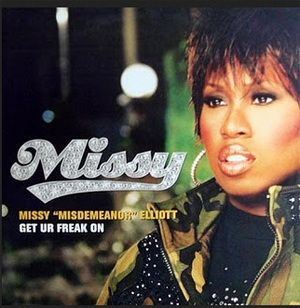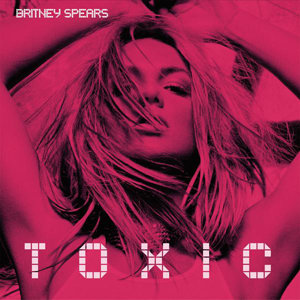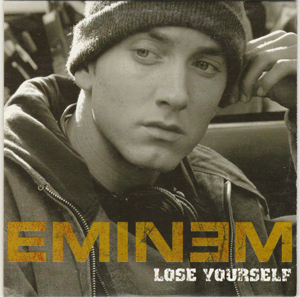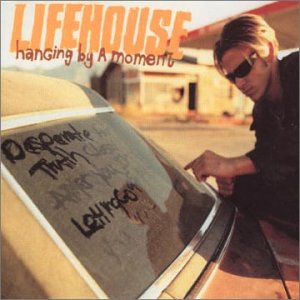Eminem, born Marshall Mathers, has been a dominant force in hip-hop for over two decades. Rising to fame in the late 1990s with his major-label debut The Slim Shady LP, Eminem quickly became known for his rapid-fire delivery, complex rhyme schemes, and controversial lyrics. His subsequent albums, including The Marshall Mathers LP and The Eminem Show, solidified his status as one of the best-selling artists of the 21st century.
Throughout his career, Eminem has produced numerous chart-topping hits. Tracks like “Lose Yourself,” “The Real Slim Shady,” and “Without Me” showcased his ability to blend catchy hooks with sharp lyricism. His storytelling abilities, evident in songs like “Stan” and “Mockingbird,” have set a high bar for narrative rap. Eminem’s impact on the genre extends beyond his solo work. His collaborations have often resulted in memorable tracks, from “Forgot About Dre” with Dr. Dre to “Forever” alongside Drake, Kanye West, and Lil Wayne. His work with D12 on songs like “Purple Pills” and “My Band” demonstrates his ability to work within a group dynamic.
Despite his undeniable success and influence, Eminem’s career has been marked by persistent controversy and criticism. Many critics point to the misogynistic and homophobic content in some of his lyrics. Songs such as “Guilty Conscience” and “97′ Bonnie & Clyde” have been criticized for their graphic depictions of violence against women.
The problematic aspects of Eminem’s work extend beyond specific themes. Some listeners find his humor juvenile and distasteful, citing songs like “Just Lose It” as examples. Critics argue that despite his technical prowess, Eminem’s core themes and style have remained largely unchanged over the years, suggesting a lack of artistic growth.
These ongoing debates around Eminem’s content raise important questions about artistic expression, social responsibility, and the expectations placed on artists as they progress in their careers. Despite the criticisms, Eminem maintains a significant fanbase and continues to be a prominent figure in hip-hop. Whether Eminem can continue to evolve and remain relevant in a rapidly changing music industry remains a topic of discussion among fans and critics alike.




